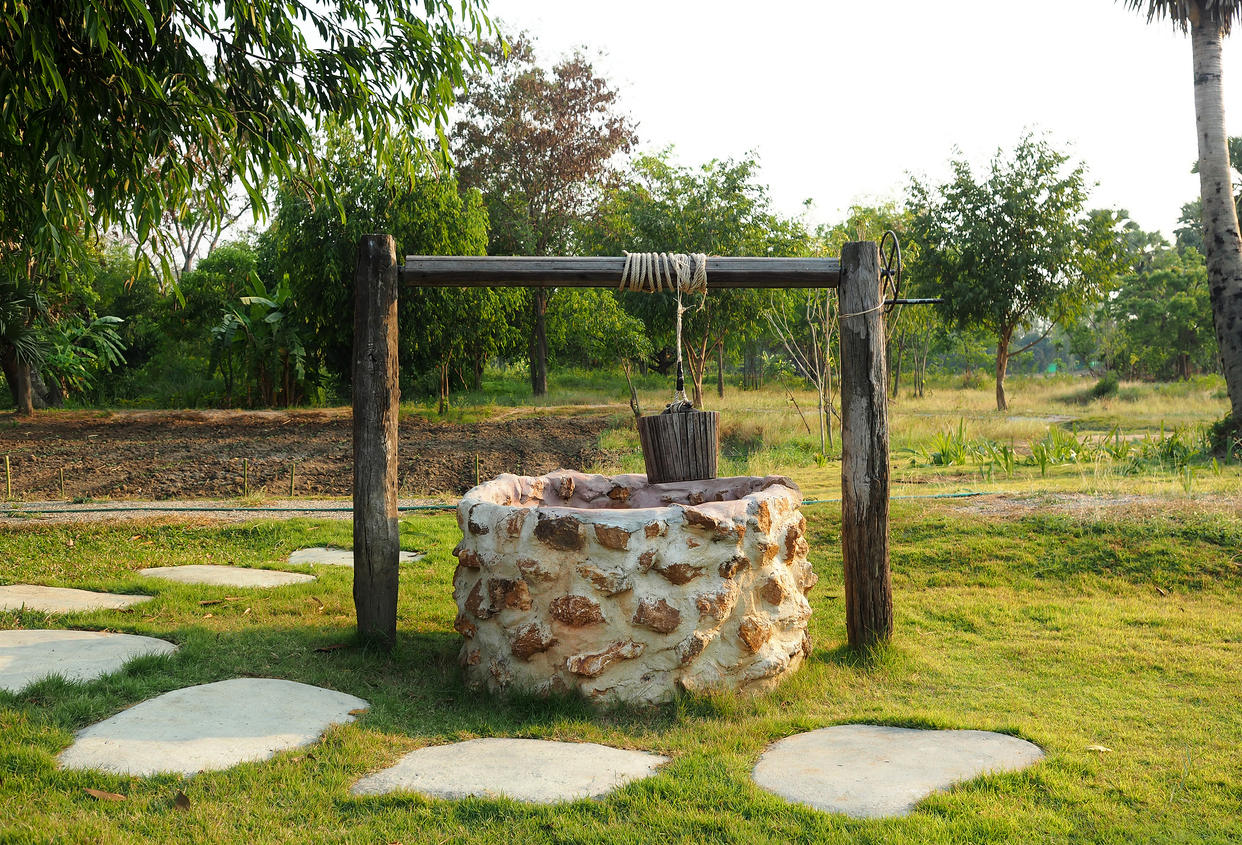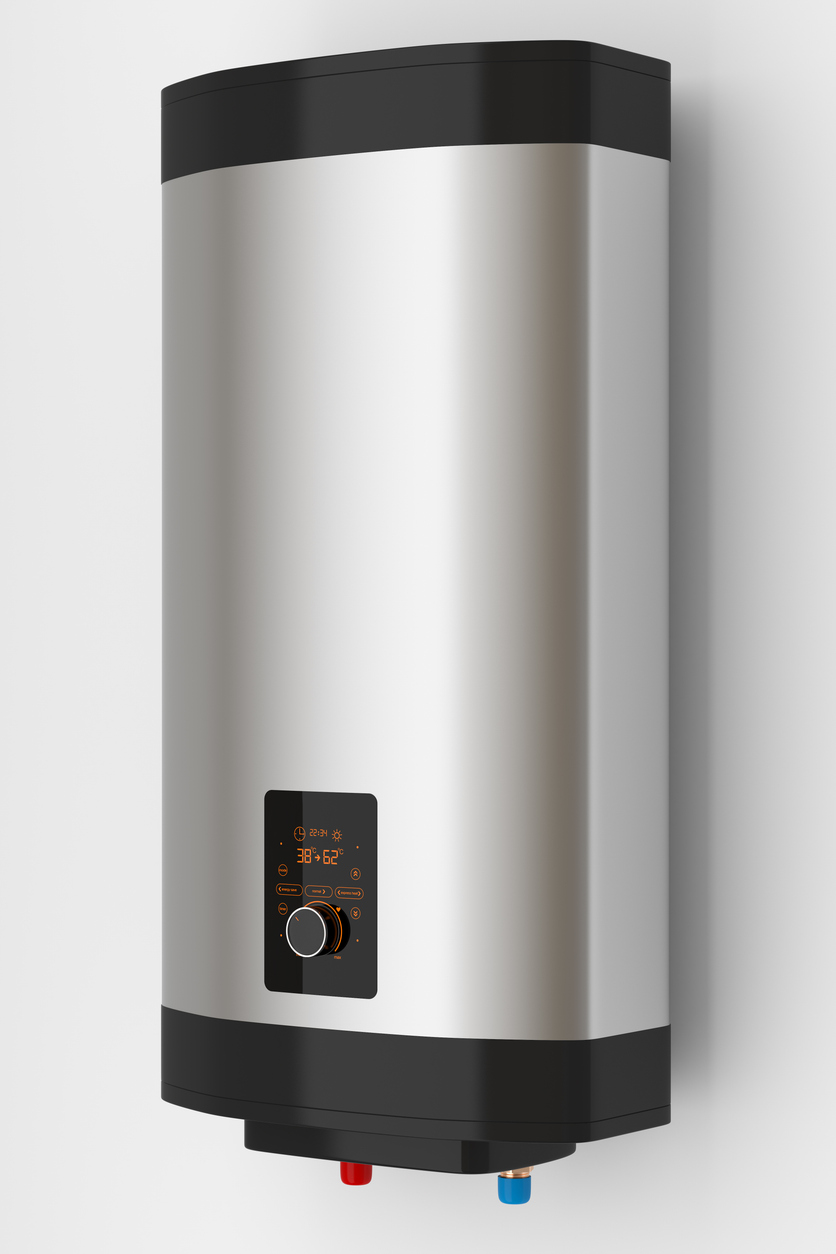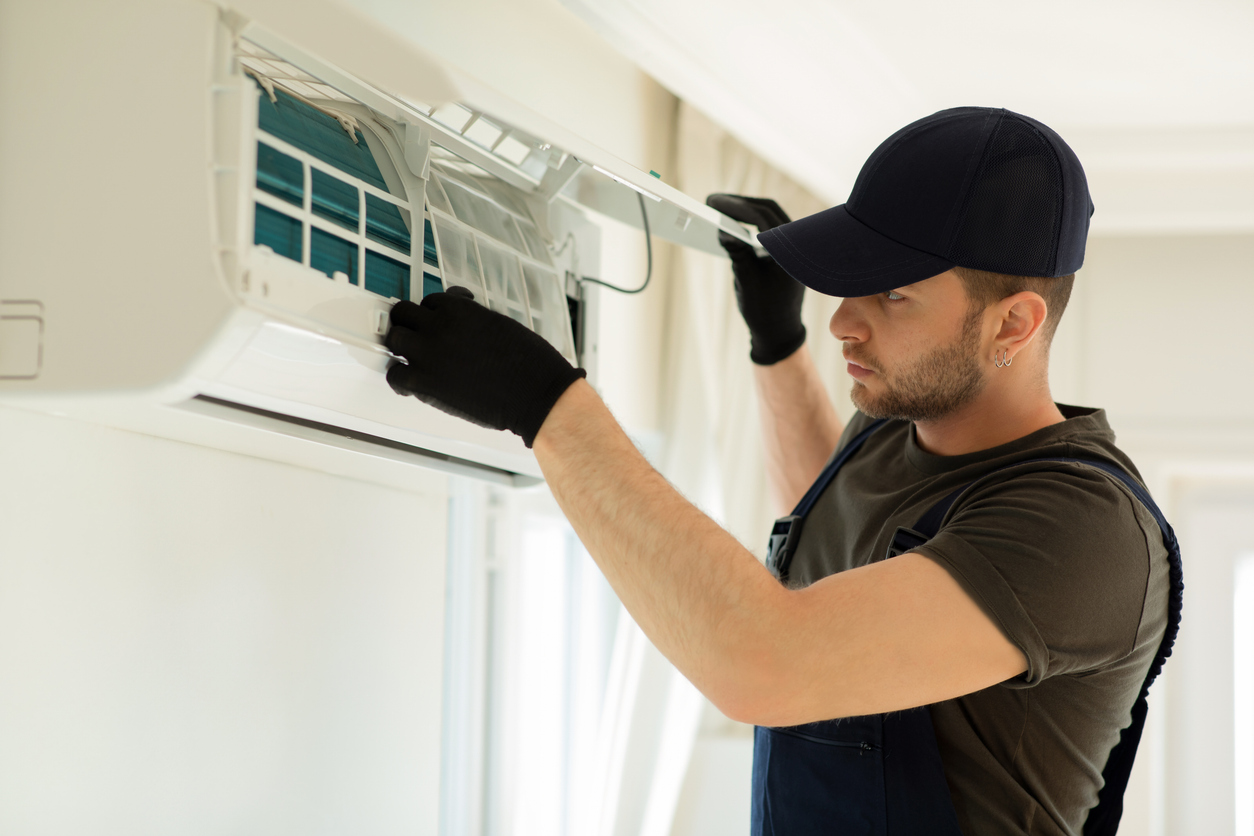Drilling a well on your property can provide a reliable and sustainable water source. However, it’s crucial to navigate the regulatory landscape to ensure legal compliance and environmental stewardship. Understanding permits and regulations before drilling is essential for a smooth and successful well installation process. Here’s a comprehensive guide to the permits and regulations related to drilling a water well in Harrisburg, PA.
1. Permit Requirements
You need to obtain permits from local or state authorities. Permit requirements vary based on location and may include environmental assessments, groundwater impact studies, and adherence to setback distances from property lines and existing wells. Consulting with local authorities or a licensed well driller can help you navigate these requirements.
2. Water Rights and Ownership
Understanding water rights and ownership is critical, especially in areas where groundwater is regulated. Some jurisdictions may require you to demonstrate water rights or obtain permits that govern water extraction volumes. Researching local laws and regulations is essential to ensure compliance with water usage and ownership requirements.
3. Environmental Considerations
The process can impact local groundwater resources and ecosystems. Regulations often include environmental protections such as groundwater monitoring, erosion control measures, and proper disposal of drilling fluids. Compliance with these regulations helps preserve water quality and protect natural habitats. This is also applicable to water treatment in Camp Hill, PA.
4. Construction Standards
The construction standards ensure the integrity and safety of your water supply. Regulations may specify casing requirements, well depth, and installation of sanitary seals to prevent contamination. Adhering to these standards not only ensures regulatory compliance but also promotes the longevity and reliability of the well.
5. Maintenance and Reporting Obligations
Ongoing maintenance and reporting obligations may apply. Regular water quality testing, well inspections, and compliance with reporting requirements help monitor the health of your well and ensure continued water safety and regulatory compliance.
Navigating permits and regulations before drilling a well is essential for legal compliance, environmental protection, and the long-term sustainability of your water supply. By understanding and adhering to these requirements, you can ensure a successful well-drilling process and reliable access to clean water.
If you need water well maintenance near me, contact our team at Pronto Plumbing, Heating, and Air. You can call our expert team at 717-366-6587.





